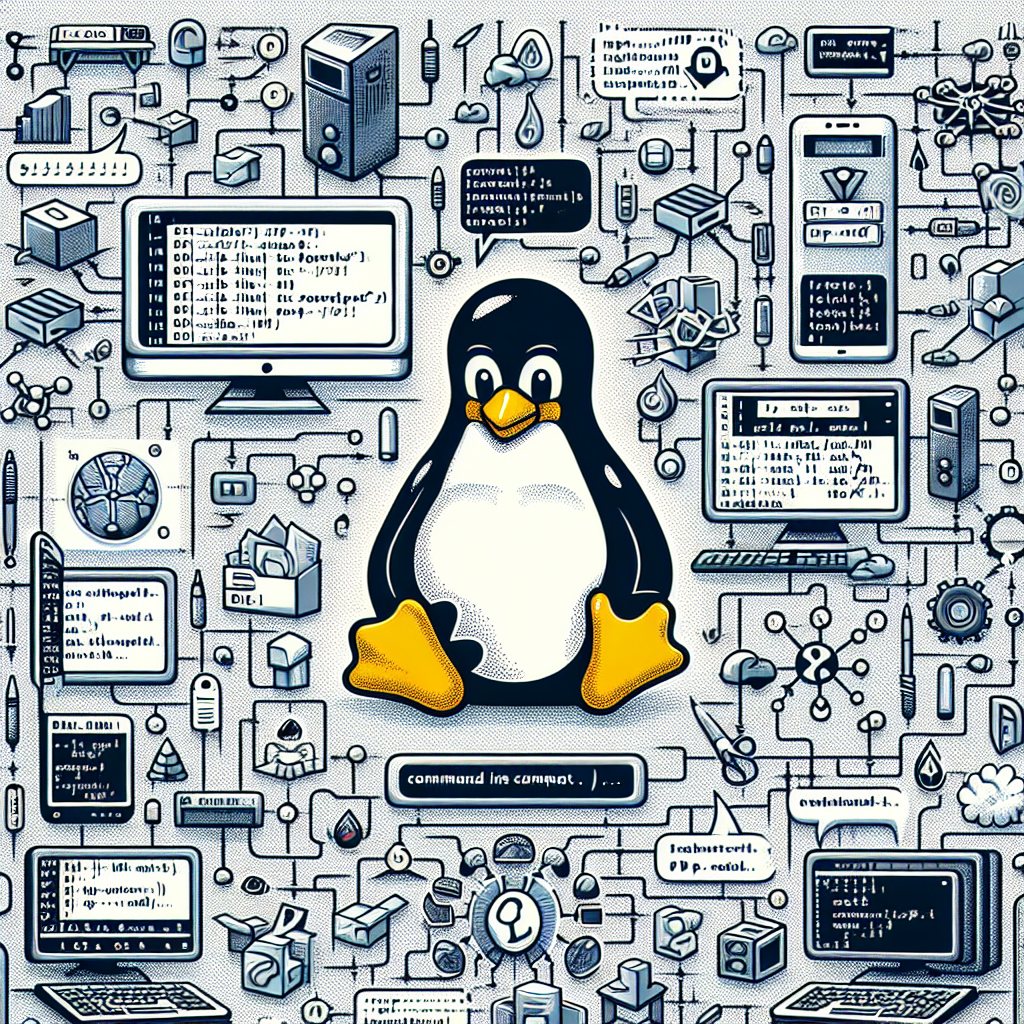iptables command not found - Debian

How to Install and Use iptables Command in Debian
Introduction
In the realm of Linux system administration, the iptables command is a powerful tool for configuring and managing firewall rules. Essentially, iptables allows you to control incoming and outgoing network traffic on your system, providing a crucial layer of security. Whether you need to block specific IP addresses, set up port forwarding, or create complex network rules, iptables is your go-to solution.
Installing iptables on Debian
To install iptables on a Debian system, you can use the following command in your terminal:
sudo apt-get update
sudo apt-get install iptables
Once the installation is complete, you can start using iptables to enhance the security of your system.
Basic Usage of iptables
Viewing Current Rules
To view the existing iptables rules on your system, use the following command:
sudo iptables -L
This will display a list of the current rules configured in iptables.
Adding a Rule
Let’s say you want to block incoming traffic from a specific IP address (for example, 192.168.1.100). You can do this by adding a rule using the following command:
sudo iptables -A INPUT -s 192.168.1.100 -j DROP
This command tells iptables to drop any incoming traffic from the specified IP address.
Saving Rules
To ensure that your iptables rules persist across system reboots, you can use the following command to save them:
sudo iptables-save > /etc/iptables/rules.v4
Conclusion
In conclusion, the iptables command is a fundamental tool for network security on Debian systems. By understanding how to install and use iptables effectively, you can significantly enhance the protection of your system against unauthorized access and potential threats.
The Importance of Open Source Software
Open source software like iptables plays a crucial role in the world of technology. It fosters innovation, collaboration, and transparency, allowing users to inspect, modify, and distribute the code freely. By embracing open source solutions, we contribute to a more inclusive and secure digital ecosystem for all.

